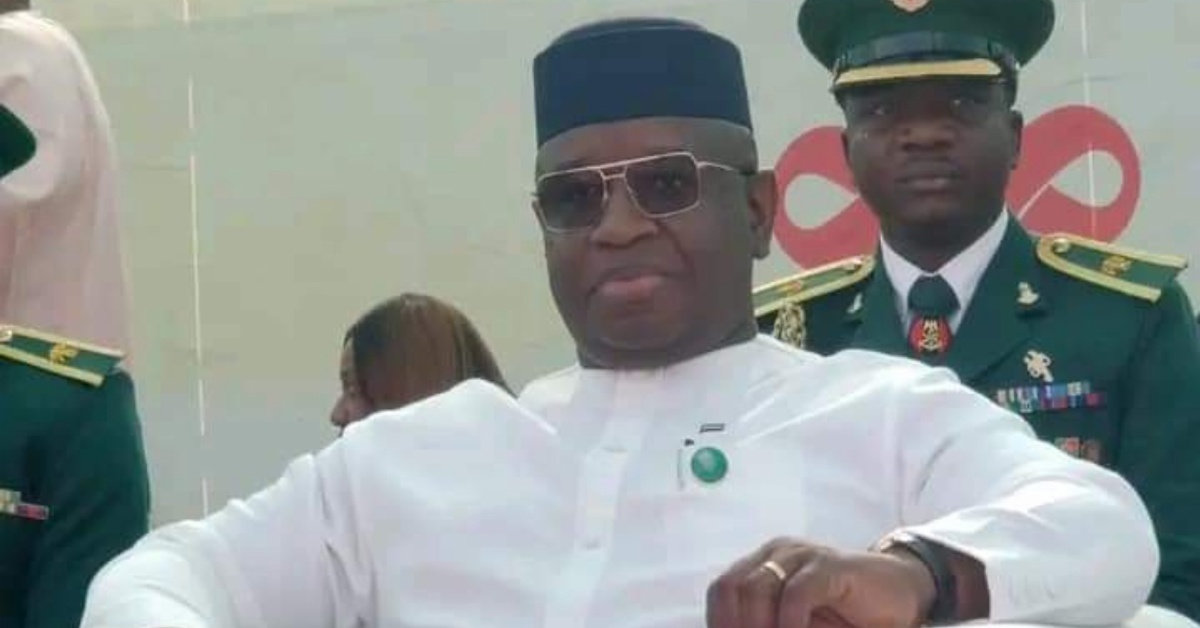Dubawa Fact-Checking Organization has proven President Bio’s claim that “Only 16% of Sierra Leoneans had access to electricity in 2018” to be false.
In late December, President Julius Maada Bio said: “When I came into office in 2018, only 16% of Sierra Leoneans had access to electricity. We have taken that number up to 31% and increased peak load electricity consumption in many parts of the country.”
He made that statement in his Christmas address to the nation on national television.
According to DUBAWA, it found the comments by the president to be controversial, especially when other government officials had given different figures in the past which made it to interrogate the matter and determine whether the data provided by the president is accurate.
It added that two months before the President’s speech, it found that the Minister of Energy, Alhaji Kanja Sesay and Minister of Information, Mohamed Rahman Swaray, were quoting and agreeing on a much lower figure, claiming that the current government met access to electricity at 12%, contradicting the President’s figures, which stated that access was at 16%.
Both ministers are said to have made their respective claims during a weekly Facebook live hosted by Mr Swaray on October 13, 2022, known as “Talk to d Minister” (watch from 10:00- 10:35), according to the report.
The report also stated that Government officials, including the Director of Communication, Micheal Berewa also doubled down on these claims, making them viral. Mr Berewa posted the claim on his Facebook wall with well-edited graphics giving out the details.
According to the findings of Dubawa, while the president quoted 16%, the state’s data agency, Statistics Sierra Leone, reported on Page 162 of the 2018 Sierra Leone Integrated and Housing Survey that the number was approximately 21%.
The findings also revealed that while President Bio said in his 2022 Christmas address to the nation that his government met access to electricity at 16%, World Bank said in 2017 that access to electricity was at 23.4%.
The Energy Progress Report was done by the World Bank in collaboration with the International Energy Agency, International Renewable Energy Agency, The United Nations Statistics Division and the World Health Organization.



 Post a comment
Post a comment










Comment(s)
Disclaimer: Comments expressed here do not reflect the opinions of Sierraloaded or any employee thereof.
Be the first to comment